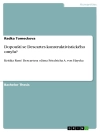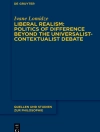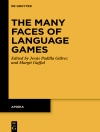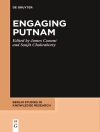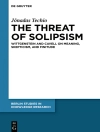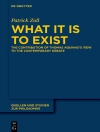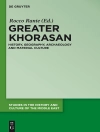This book is about Italian American women, food, identity, and our stories at the table. This mother-daughter research team explores how Italian American working-class women from Syracuse, New York use food as a symbol and vehicle which carries multiple meanings. In these narratives, food represents home, loss, and longing. Food also stands in for race, class, gender, sexuality, immigration, region, place, and space. The authors highlight how food is about family and tradition, as well as choice and change. These women’s narratives reveal that food is related to celebration, love, power, and shame. As this study centers on the intergenerational transmission of culture, the authors’ relationship mirrors these questions as they contend with their similar and disparate experiences and relationships with Italian American identity and food. The authors use the ‘recipe’ as a conversational bridge to elicit narratives about identity and the self. They also encourage readers to listen closely to the stories at their own tables to consider how recipes and food are a way for us to claim who we are, who we think we are, who we want to be, and who we are not.
Inhoudsopgave
1. Introduction.- 2. Method.- 3. The Recipes.- 4. Authenticity and an Italian Imaginary.- 5. Slicing White Bre(a)d.- 6. Power.- 7. Love, Loss and Longing.- 8. Bodies- Italian and American Femininity.- 9. Conclusion.
Over de auteur
Andrea L. Dottolo is an assistant professor of psychology at Rhode Island College and a resident scholar at the Women’s Studies Research Center at Brandeis University, USA.
Carol A. Dottolo is a retired educator from Liverpool Central School District, Liverpool, NY, USA. She specializing in reading and has extensive experience in teaching language and comprehension.



